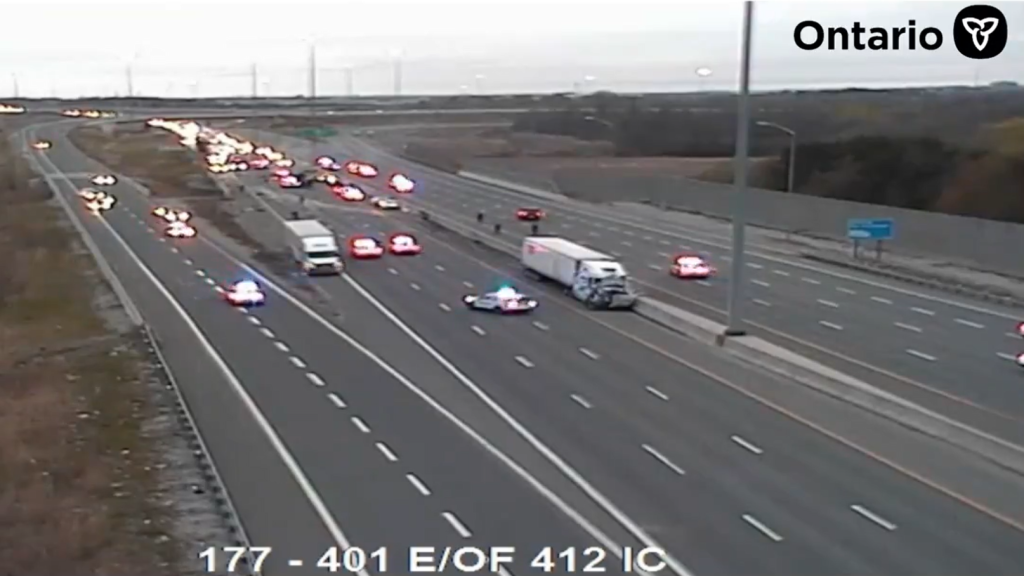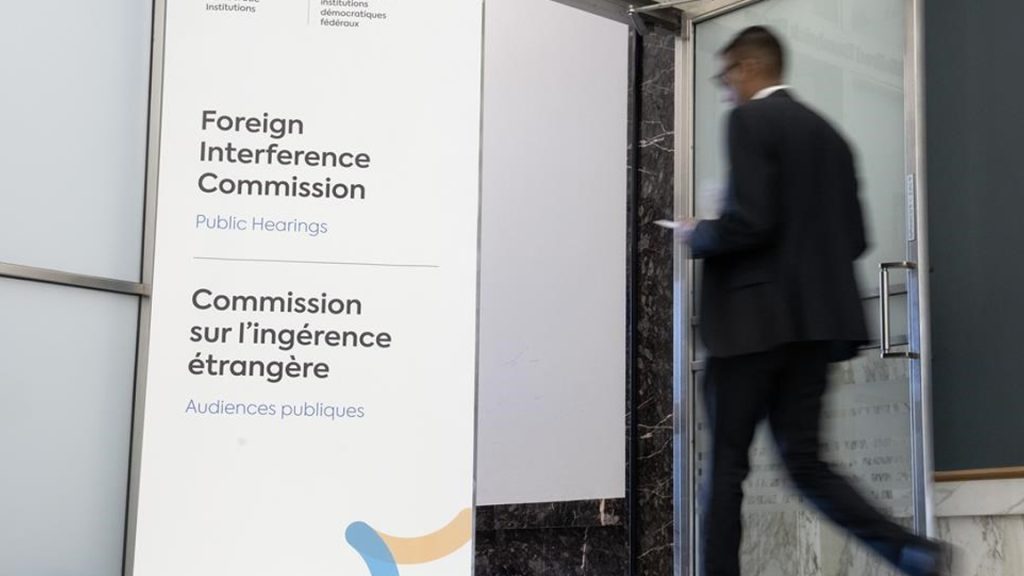Tax rebate cheques for low income Canadians to be sent automatically
Posted February 12, 2014 5:46 pm.
This article is more than 5 years old.
Budget 2014 tabled by Finance Minister Jim Flaherty Tuesday didn’t contain much in the way of broad-based changes that are expected to significantly alter the state of Canadian household balance sheets but it did contain a handful of smaller, more targeted measures to help reduce red tape, close tax loopholes and introduce new consumer protections.
Among the more significant changes is a plan to streamline how GST-HST credits are sent to low-income Canadians. Essentially, taxpayers will no longer have to apply for a GST-HST credit on their tax return. Instead, the Canada Revenue Agency will make the calculation automatically. All eligible Canadians will be notified starting this year and cheques could be in the mail as early as this spring.
“They’re going to issue a notice of determination which will basically inform you if you qualify,” Paul Woolford, a partner with our KPMG Enterprise group, told MoneySense. “If you do qualify then the credit will flow.”
“I see it as a way of the government trying to ease the red tape for people accessing their entitlements, which is a good thing,” Woolford said.
Other noteworthy measures include limiting the length of time during which estates and trusts can access favourable tax rates (down to three years) as well as the elimination of the immigration trusts. For more on this topic read, “Budget 2014 clamps down on trusts” at Advisor.ca.
The budget also promised to create new found RRSP contribution room for amateur athletes via income generated inside trusts as well as additional tax credits for critically injured individuals developing a therapy plan and for families adopting children.
Cozing up to consumers
Consumer protections also emerged as a main budget pillar with the government announcing ambitious plans to lower wholesale Internet roaming rates within Canada, address the price gap between identical goods sold in Canada and the U.S. once and for all and prohibiting the so called “pay-to-pay” practice that charges consumers for paper bills—including printed credit card statements.
“When Canadian families spend their hard-earned money, they should be confident that they are being treated fairly in a competitive marketplace. That’s why we took steps to increase competition in the wireless sector, which has reduced wireless rates by 20 per cent,” Flaherty said from Parliament Hill Tuesday. For more on this topic read, “What to know about budget 2014” or visit the federal budget 2014 topic pages of our partner websites Canadian Business and Maclean’s.
–with files from The Canadian Press










